
At DPV Health, our vision is to build a community that is connected, celebrates diversity and is inclusive of all. This means that no one should have to experience social isolation during the COVID 19 restrictions or any time.
Studies show that social connection improves physical health and psychological well-being. Strong social connection helps strengthen our immune system, helps us recover from disease faster, and may even lengthen our life. People who feel more connected to others have lower rates of anxiety and depression, have higher self-esteem, are more empathic to others, more trusting and cooperative.
The current COVID-19 restrictions have limited our movements within the community and physical interaction with friends and family, but there are many other ways to keep in touch with friends and family. Thanks to the digitally enhanced world we live in, staying connected is easier than you might think.
Tips on staying socially connected:
- Virtual catch-ups
Schedule virtual catch-ups with loved ones. You can use a computer or phone. If you don’t have a device that has a camera, you can do an audio call or phone call with multiple people.
- Write letters and postcards
When was the last time you picked up a pen and paper and wrote a message to someone? Write to someone close to you, write to someone you haven’t talked to in a while, or pop a postcard in the neighbour’s letterbox. Receiving mail is a rare treat these days, and you never know, they just might write back.
- Get creative
Host an online concert, organise online trivia nights or run family competitions. You can challenge your friends and share results of your creative work online.
- Start a virtual book club
For the bookworms out there, now is the perfect chance to catch up on those new releases and keep your mind active while remaining connected. Share your thoughts and feelings about the book with some friends by starting a virtual book club.
- Join online peer-support groups
You’re not alone during this time. There are plenty of free, online forums and peer-support community groups designed to help you through difficult times.
Whether you just want to chat or are seeking help for mental health guidance, these anonymous and moderated forums are perfect for staying connected.
- Social media
While too much social media isn’t always great for your mental wellbeing, a little bit can go a long way. Checking in with others, sharing a nice photo or finding a funny video are all possible through social media platforms.
- Netflix Parties
This is a fun way to watch Netflix shows and movies with your friends. It is available only through the Chrome browser, but it is free. There is a chat window where group members can comment and chat during the show.
- Houseparty
A video group chat app for smart phones. In addition to chatting face-to-face, you can play interactive games, including Quick Draw, which is like Pictionary. There are also screen sharing capabilities. Best of all, it’s free. https://houseparty.com/
- Community support
You can do a good deed and support your neighbours. Online neighbourhood groups may be available. If not, this is the perfect opportunity to start one.
Here are some online community groups and applications that you may like to check out:
- Imagine More Peer Support Group
- Women With Disabilities Australia Community
- Mums Plugged-In: Virtual Mothers Group
- Oscar Senior App for the Elderly
- The Kids Messaging App
If you are feeling lonely or need support to manage your mental health, contact –
- DPV Health (Counselling, Social work & Psychology team): 1300 234 263 for an appointment (8:30 am to 5 pm Monday to Friday). Telephone counselling is available.
- Beyond Blue: 1300 22 4636
- Headspace: 1800 650 890
- Lifeline: (24-hour Crisis Line): 131 114
- Kids Helpline: 1800 551 800
- Uniting Kildon: 1800 002 992
- Relationships Australia: 1300 364 277

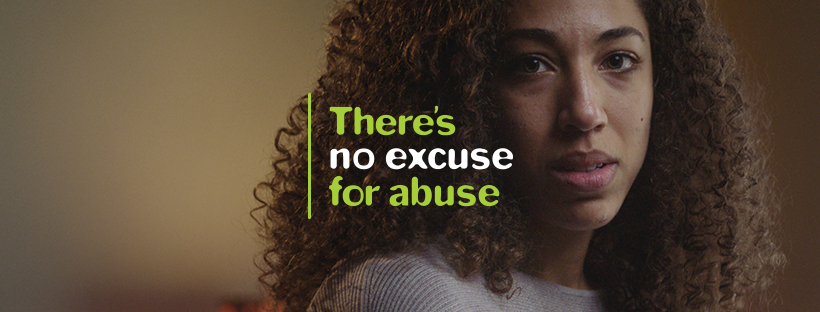
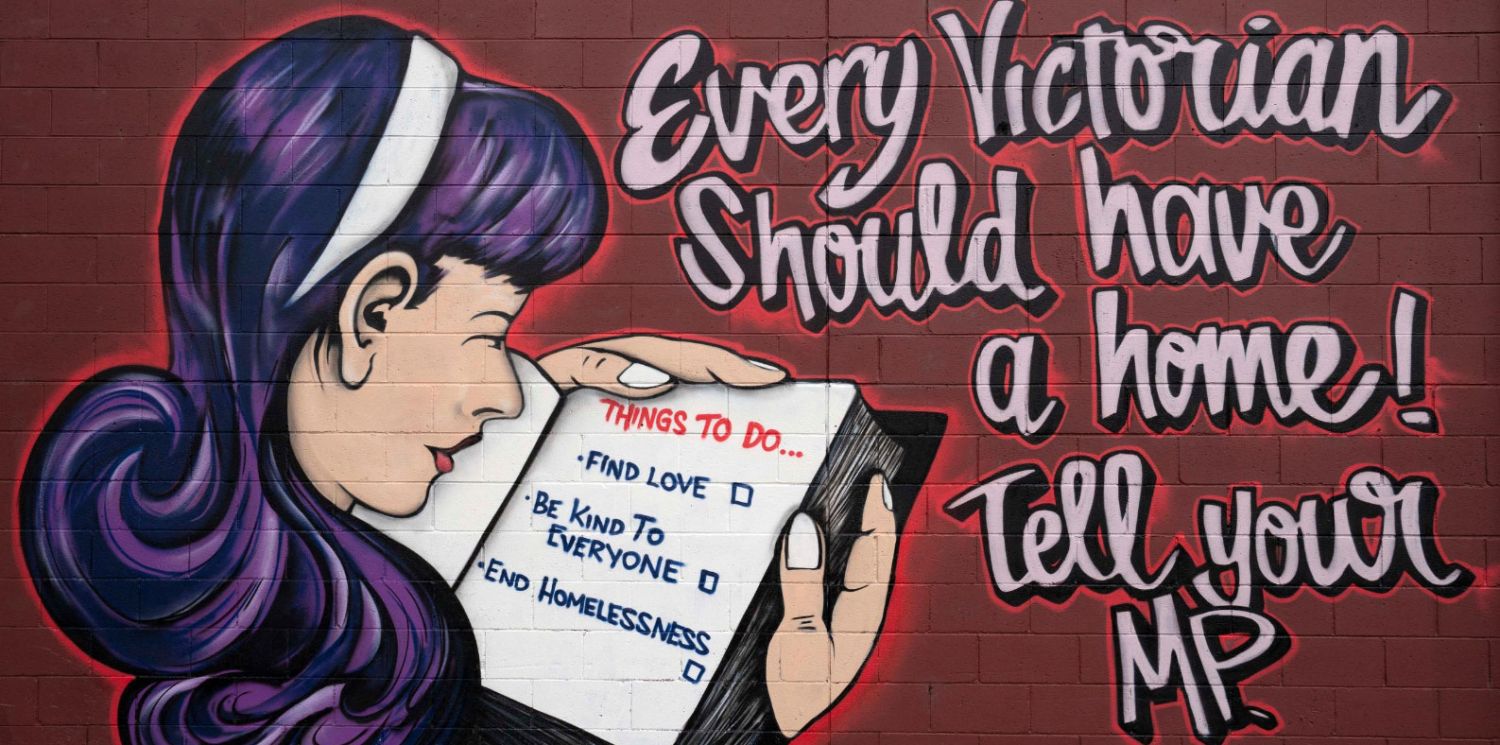
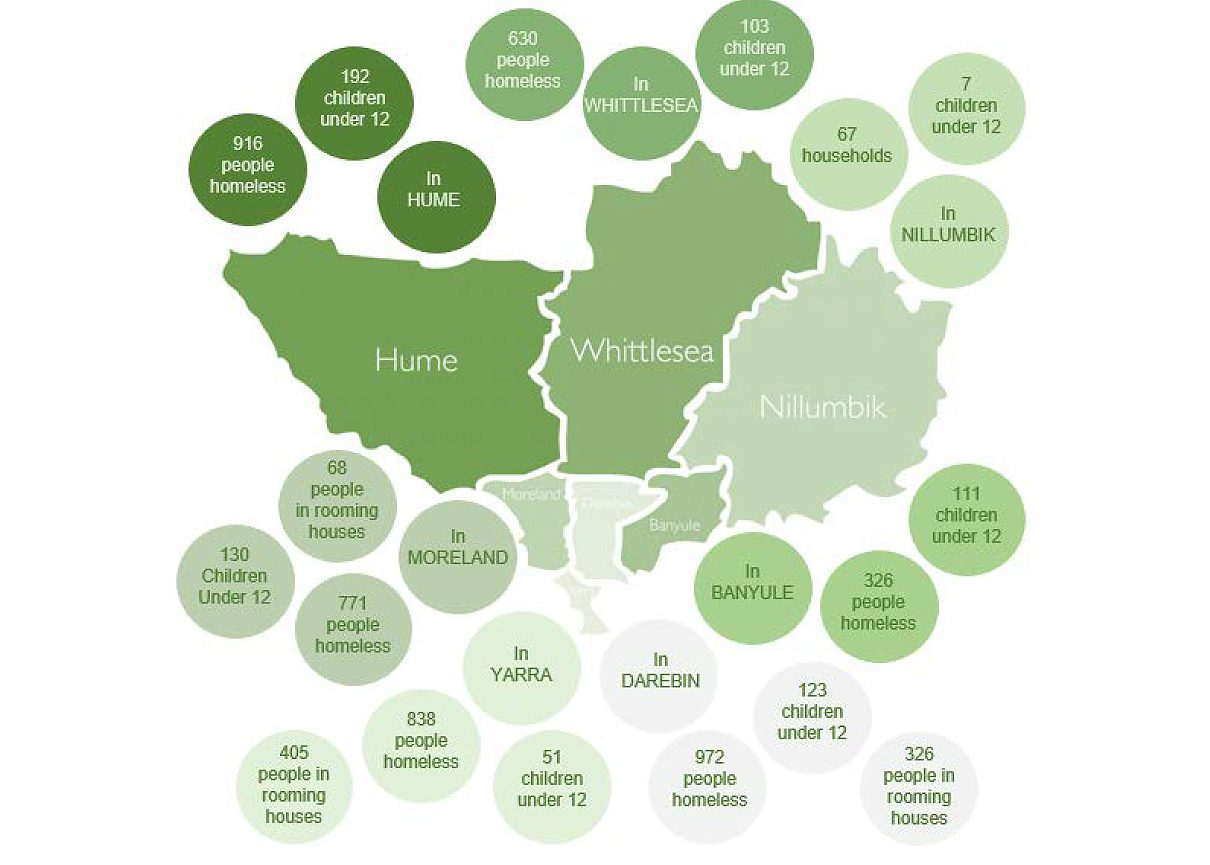
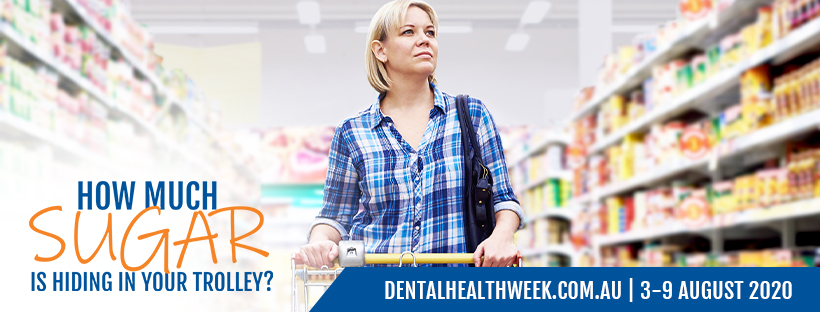
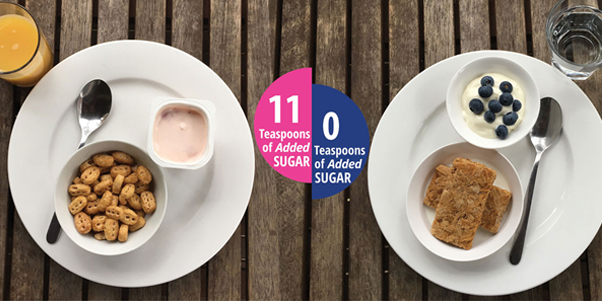
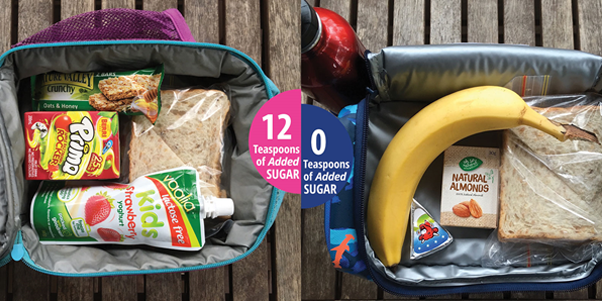
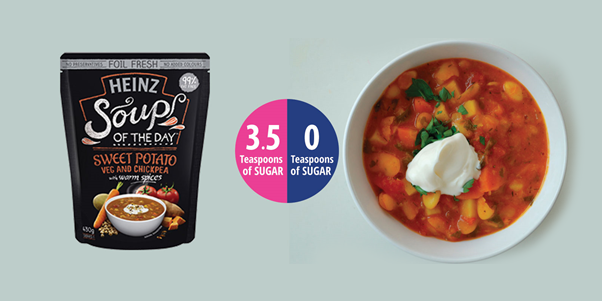
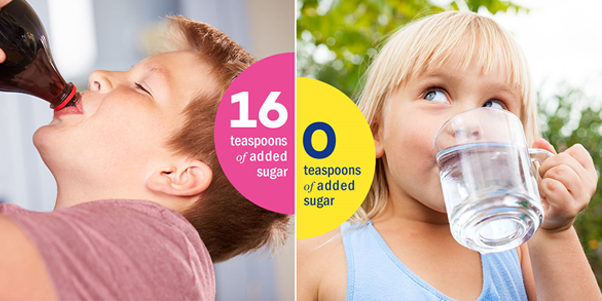
 Language
Language
